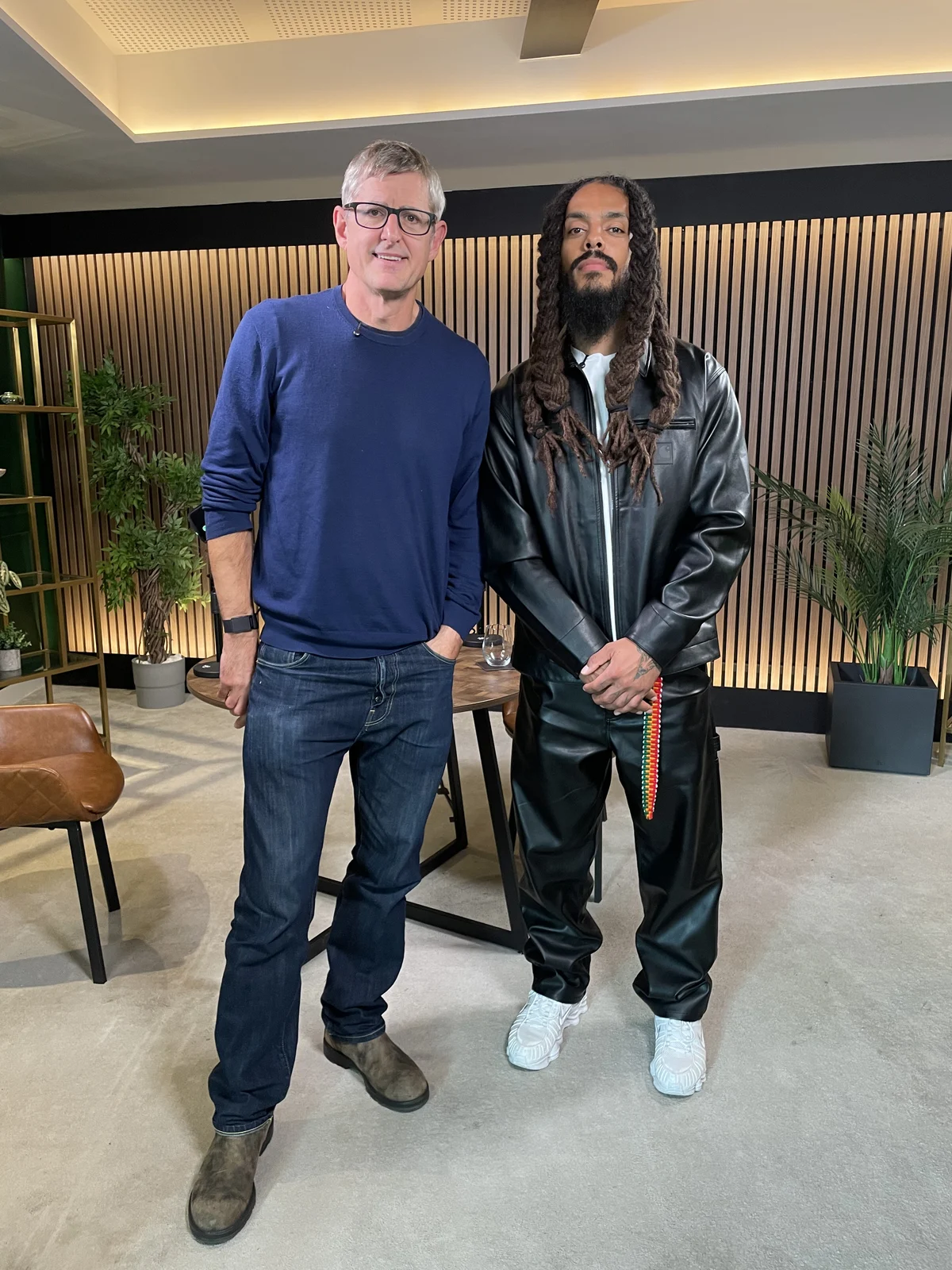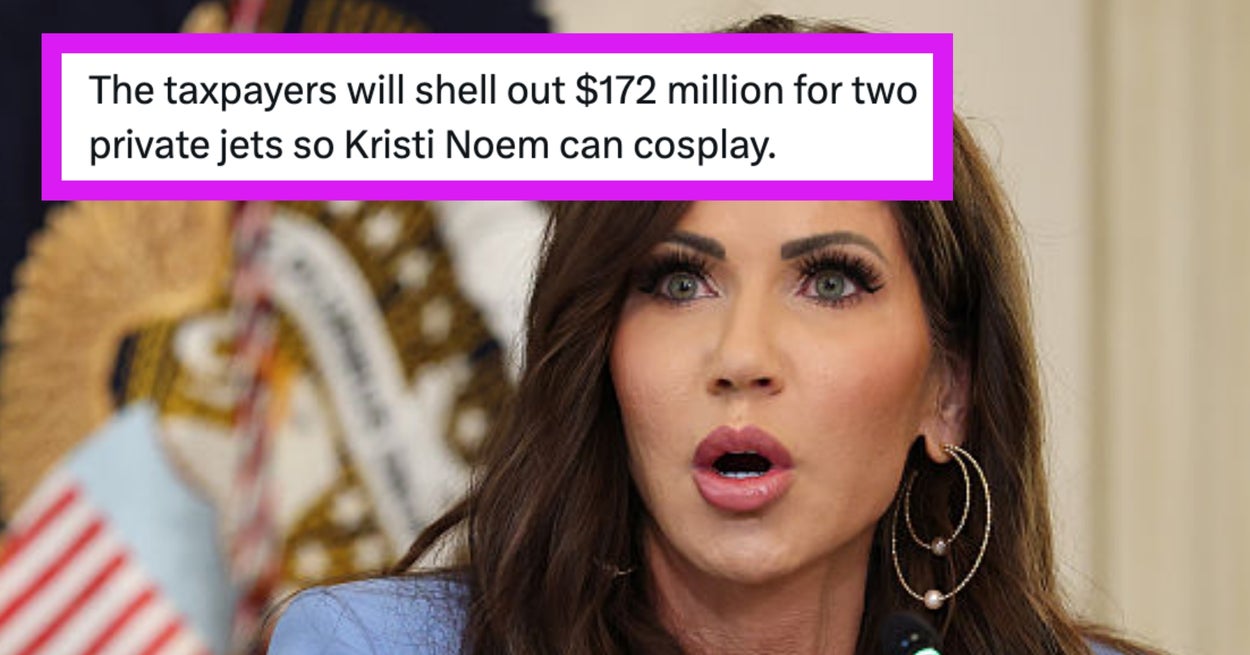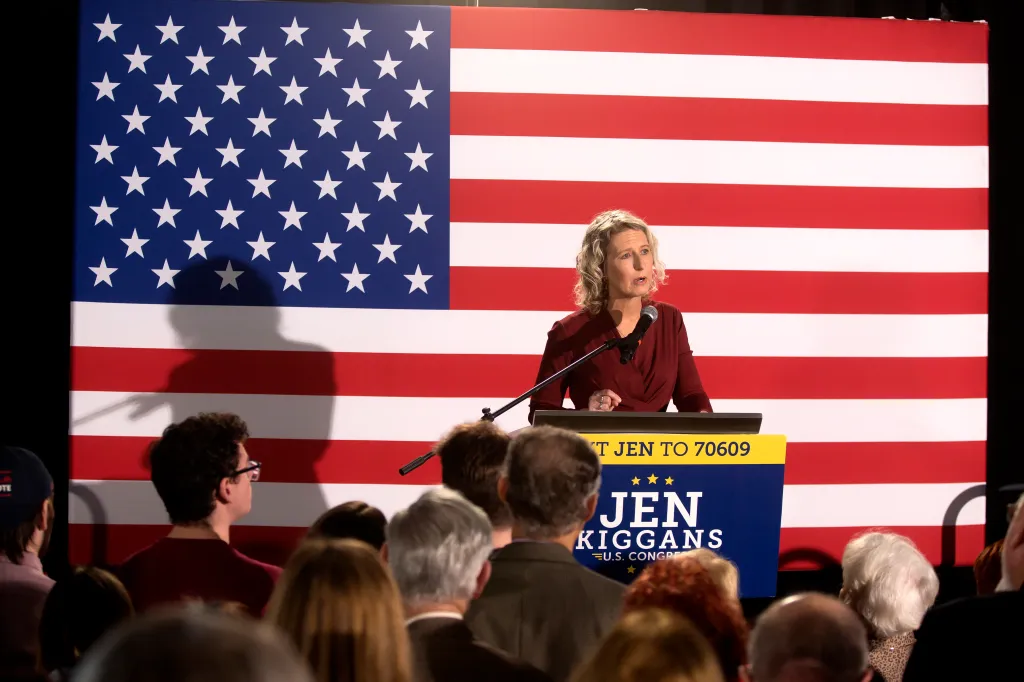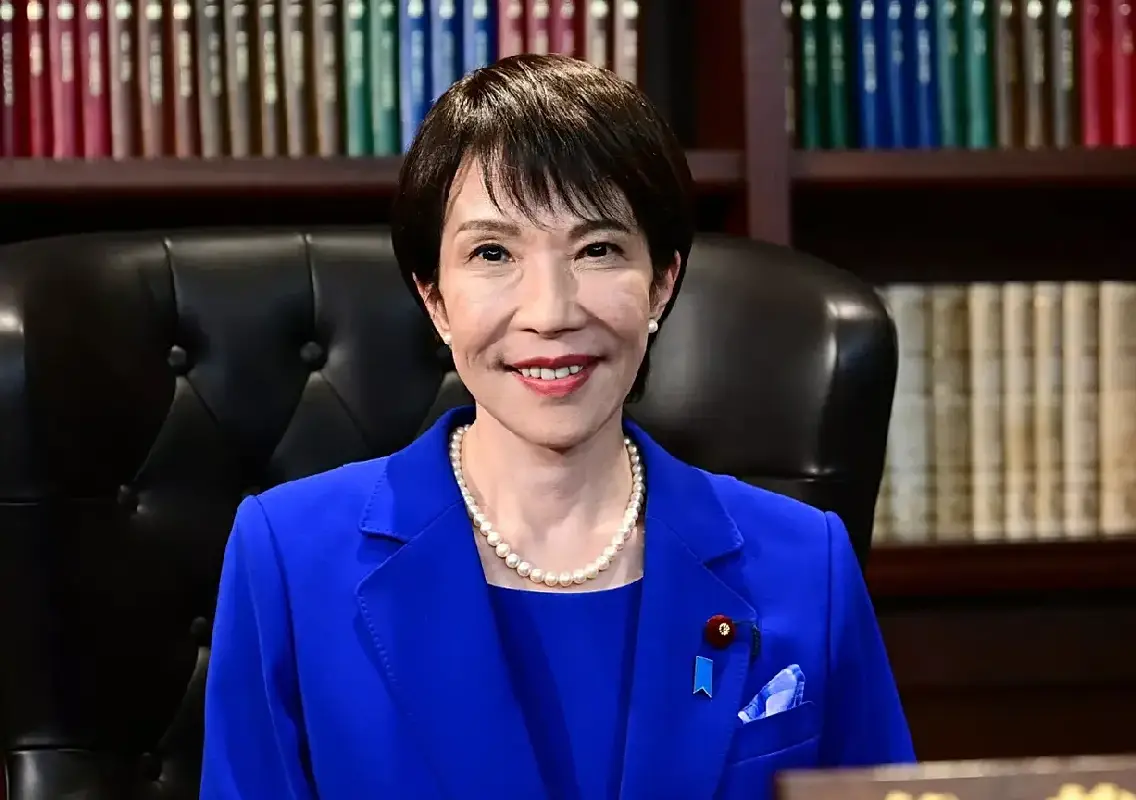Copyright standard

Frontman Bobby Vylan became the centre of a media storm after his performance at Glastonbury Festival saw him lead the crowd in a chant of “Death to the IDF”. He won’t be apologising for his “perfect chant”, he told the Louis Theroux Podcast. “If I was to go on Glastonbury again tomorrow, yes I would do it again,” said Vyland. “I'm not regretful of it. I'd do it again tomorrow, twice on Sundays.” Bob Vylan, the punk rap duo comprised of Bobby Vylan and Bobbie Vylan, caused international outrage and drew condemnation for their performance at the Somerset music festival. Israel’s UK embassy called it “inflammatory and hateful rhetoric” and UK Prime Minister Keir Starmer slammed it as “appalling hate speech”. But Vylan, who approached Theroux to give his first post-Glastonbury interview via Instagram, said he rejects claims made by The Community Security Trust that there was a spike in antisemitic incidents reported in the UK the day after his performance. “I didn't see what they were counting as antisemitic incidents when I read it,” said Vylan. “I don't think I have created an unsafe atmosphere for the Jewish community. If there were large numbers of people going out and going like ‘Bob Vylan made me do this’ I might go, ‘Oof, I've had a negative impact here. In that report, what definition are they going by? We don’t know that, so it’s kind of hard to add anything to that.” The musician said the chant was a call to end the military oppression of Palestinians, but he opted to rhyme it with ‘death’ to make it catchy. “‘End, End the IDF”’ does not rhyme, wouldn't have caught on, would it? You know what I mean?” said Vylan. “I am a lyricist. ‘Death, Death to IDF’ rhymes. Perfect chant.” Vylan also suggested that the criticism his band faced was particularly harsh because the duo are black. “We've been attacked to a degree that I haven't really seen anybody else attacked for speaking up about this issue,” he said. Theroux countered that white Irish rap band Kneecap have also come under intense scrutiny for their pro-Palestine stance. “I'm not trying to compare the struggles of outspoken bands,” said Vylan. “It's an interesting one because, as with everything, race comes to play a part in that we are an easier villain, no pun intended, than they are because we are already the enemy,” he added. “So, you don't really need to give much context as to why the British public should hate us.” Vylan took aim at Damon Albarn from Blur, who described Bob Vylan’s Glastonbury set as a “spectacular misfire” and accused the frontman of “goose-stepping in tennis gear”. “I take great issue with the phrase ‘goose-stepping’ being used because it's only used around Nazi Germany. That's it. And for him to use that language, I think is disgusting. I think his response was disgusting,” Vylan told Theroux, despite the host telling his guest he is friendly with the Blur frontman. “Being accused of being anti-Semitic. It was disappointing. Because it lacked self-awareness,” said Vylan. “Categorising it as a ‘spectacular misfire’ implies that somehow the politics of the band or our stance on Palestinian liberation is not thought out. And as a more senior, experienced, veteran artist — he's been in this industry for a long time — I think that there were other ways that he could have handled that question.” The subsequent backlash hasn’t fazed him, Dylan claims. “It's minimal compared to what people in Palestine are going through,” he told Theroux. “They're the people that I'm doing it for, they're the people that I'm being vocal for, then what is there to regret? Because I’ve upset some right-wing politician or some right-wing media?” His punk rap duo Bob Vylan was taken off festival line-ups and had their US tour scrapped after the US Department of State cancelled their visas in the ensuing row. Dylan claimed it was a relief when he and his musical partner’s US visas were revoked. “There is an assumption that we are kind of sat at home in tears about that. I should make it clear that we do not enjoy being in that country, we never have,” said Dylan. “The politics of that country have just really made it an extremely ugly place to be.” Vylan also responded to Theroux’s suggestion that the ensuing media storm became a detraction from the plight of people Dylan wished to support. “You could argue that it gave them an opportunity to distract millions of people, hundreds of thousands of people, and say, this is the problem,” suggested Theroux, who recently visited the occupied West Bank for his BBC documentary The Settlers. “It's not civilians being bombed and killed, and children being bombed and killed in Gaza. The problem is, we got a punk rock artist saying, “Death to the IDF”. That becomes an opportunity to misdirect.” The rapper countered that the coverage allowed “that conversation to have a new life” when the public was losing interest. “Unfortunately, people have short attention spans and watching people being killed every day in real time for the last two years, so vividly, so prominently. I think a lot of people just got numb to it. They stopped even seeing these individuals as actual people, start seeing them as numbers. It's disgusting,” said Vylan. “Who cares about the chant? Why is that the conversation that they're having? But I do think within that conversation it allowed us to bring the issue back to the front page.” The BBC was plunged into a row over streaming the set live in its Glastonbury coverage. BBC director general Tim Davie described the chanting as “offensive and deplorable behaviour” in his public apology, and the state broadcaster said it no longer airs such “high risk” performances live. Critics condemned the chants as calling for violence against Israeli Defence Force soldiers. The BBC’s Executive Complaints Unit eventually concluded the chant did not constitute incitement to hate or violence as it was “material directed at an institution rather than individuals, and one which is not defined by ethnic or religious composition.” The interview was recorded before the Manchester synagogue attacks on October 2 and the ceasefire in Gaza, which came into effect on October 10. The Louis Theroux Podcast is available on Spotify now



